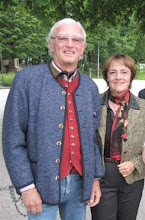Panel 3 of a Triptych for Peacehawks, by Jamie Arbuckle
Introduction
On 6 November, the
Army of the Democratic Republic of the Congo (DRC), with support from UN,
Tanzanian and South African forces, defeated the rebel group M23. On 5
December, Nelson Mandela died. In one
month, then, we have been confronted with the worst and the best of sub-Saharan
Africa. Which is the true picture? Which
represents the future of Africa? Are conflicts to be peacefully resolved, which
we might call the Nelson Mandela Future Model, or are conflicts to be endlessly
and brutally protracted, which we might call the Central African Future
Model? Is there hope, or do we face
merely a grim preparation for more of the same, in Africa south of the Sahara?
Is the Congo
still at the heart of darkness, or is it the birthplace of the first great
international human rights movement of the 20th Century?[1]
It does not
simplify our understanding of the situation there that it is in fact both.
To address these
questions, we need to assess several tributary influences:
1.
The
colonial legacy, which was one of cruelty, disregard and dysfunction.
2.
We
will review briefly the state of the game board in DRC.
3.
We
will survey progress in human development in Africa as a region, with a view to
gaining a better sense of what progress in DRC might mean – or might not.

